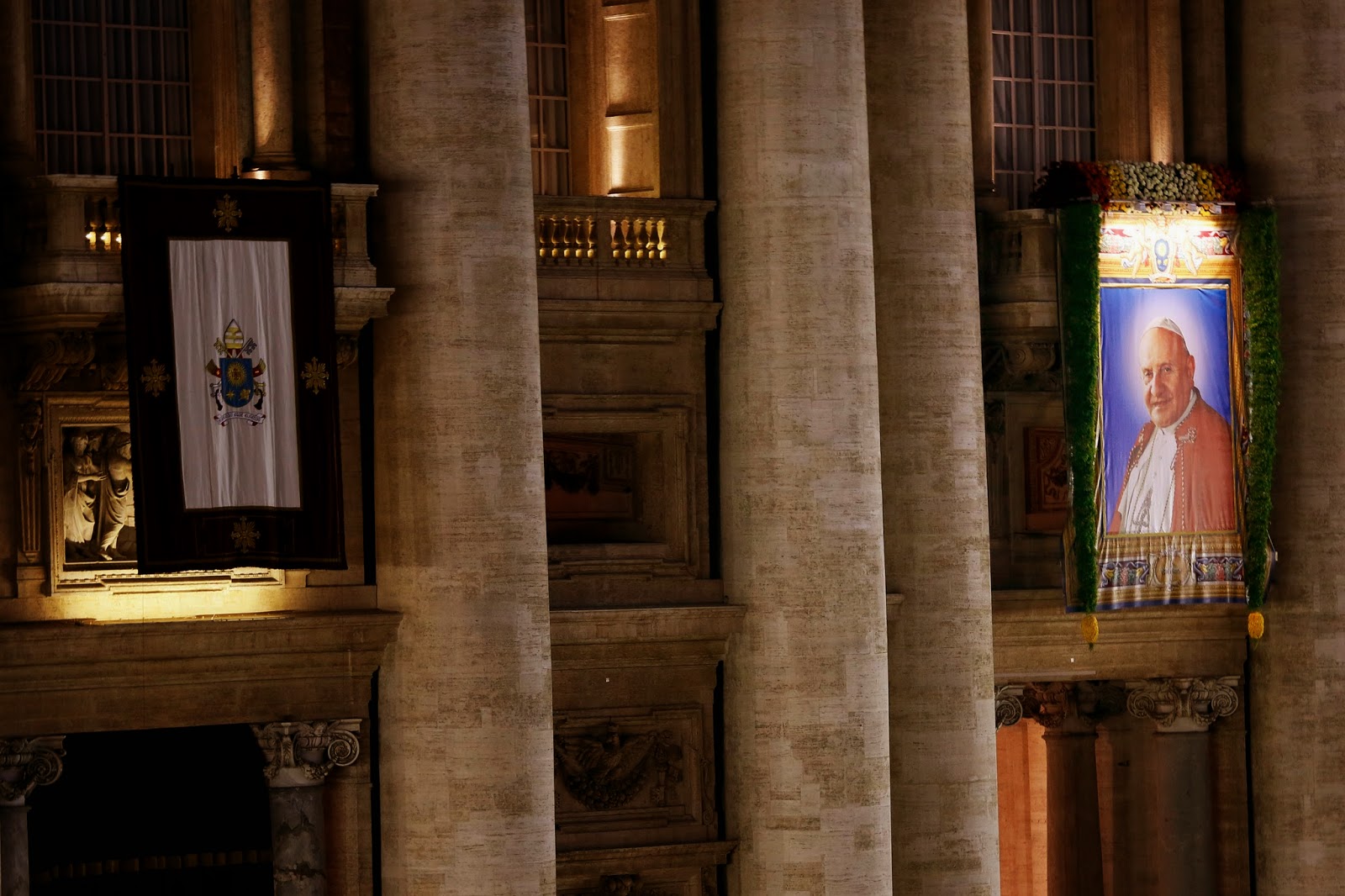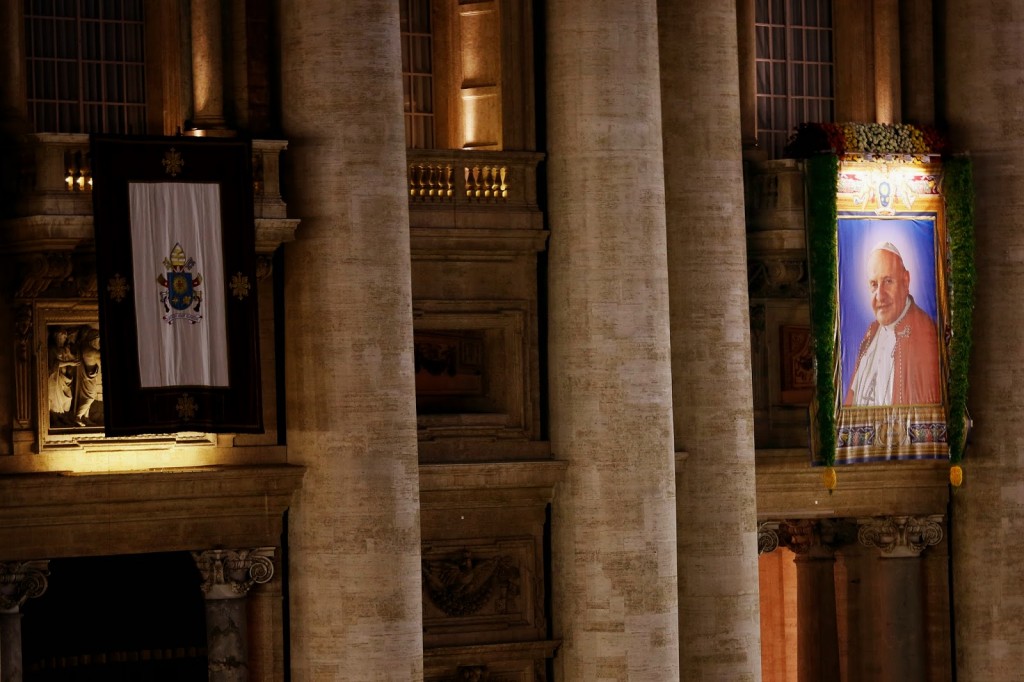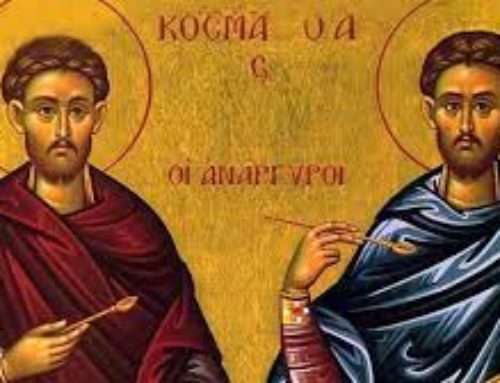POPE SAINT JOHN XXIII
Il Papa Buono – The Good Pope
Canonized: 5 July 2013
Feast Day: 11 October
ARMY MEDIC AND MILITARY HOSPITAL CHAPLAIN
Pope Saint John XXIII as Military Chaplain
http://en.radiovaticana.va/news/2014/09/11/pope_saint_john_xxiii_as_military_chaplain_/1106380
Angelo Giuseppe Roncalli, prior to becoming Pope John XXIII, had served as an Army stretcher bearer and medic. After that, he served as a military hospital chaplain.
As a young seminarian, he was drafted into military service in 1901. He was assigned as a medic to an infantry company in nearby Bergamo, achieving the rank of Sergeant.
In 1915, by then a priest, he returned to service in the Army during World War I, reaching the rank of Lieutenant. Again he served in Bergamo, again as a medic, but now also as a military hospital chaplain.
Reflecting on his role as a military chaplain, he wrote:
“It seemed as though the war would destroy the last remnants of faith and ancestral piety. Bless the Lord that this did not happen. War is and remains the greatest evil. He who has understood the meaning of Christ and his Gospel of human and Christian brotherhood can never detest it enough. It would be naïve to expect very much from war as a contribution towards the moral progress of our people. Yet it was a great test of the worth of peoples, and beside the brutality and wretchedness some of us endured, it is fair to dwell upon the consoling episodes that gave lie to our pessimism. Oh! the long vigils among the bunks of our dear and brave soldiers, spent in hearing confessions and preparing them to receive the bread of the strong in the morning! The hymns to Mary rose up around simple, improvised altars; the sublime solemnity of the Mass celebrated in the fields; the hospital feast-days, especially Christmas, Easter and the month of May, where the poetry of one’s own village church flourished again, and the tender memories of distant wives and mothers mingled with the anxious hope for an end to harsh sacrifice!
“Humble priests, generously fulfilling their duty towards their motherland [patria], but still more aware of a higher duty towards the Church and souls, how many times did we lean over our dying younger brothers and listen to the anguished breathing of the nation, expressed in their passion and agony? It is impossible to say what the priestly heart felt in such moments. It often happened – permit me this personal memory – that I had to fall down on my knees and cry like a child, alone in my room, unable to contain the emotion that I felt at the simple and holy deaths of so many poor sons of our people – modest peasants from the Marche, Garfagna, the Abruzzo or Calabria – who died with the sacrament of Christ in their hearts and the name of Mary on their lips, not cursing their harsh fate, but joyfully offering the flower of their youth for God and their brethren.
“It was indeed from such spiritual contacts that I, along with many others better than myself, had the consoling impression and the firm conviction – whispered from one to another during our brief encounters: No, it is not true that Christian Italy is dead, Non est mortua puella, sed dormit.” (‘The child is not dead; rather she sleeps.’ Matt 9:24)”
From: “Il Rosario con Papa Govanni” ed. Loris Capovilla, Storia e Letteratura, Rome, 1979, pp126-7. See: Hebblewaite P. Pope John XXIII: Shepard of the Modern World. Doubleday & Co. Garden City, NY, 1985, pp. 83-84.
While Saint John was stationed at Bergamo, his youngest brother, Giuseppino (“Pino”), also serving in the Army, was taken prisoner-of-war. Pino was 23 years old (13 years younger than Saint John), and John felt very protective toward him. Pino survived captivity, but returned home gravely ill. In a wartime letter to his young brother, before Pino was taken prisoner, Saint John wrote:
“Dearest Giuseppino,
“When your card arrived yesterday, our father was here in Bergamo on business. You can imagine how much we are all with you in thought and heart, especially now that you are in danger. It consoles me to know that you are resigned to what is happening. You know that our resignation is neither cowardice nor weakness, but rather courage and strength. It is founded on God who sees and hears everything, who sustains and makes us joyful and content and preserves us from all evil, even under cannon fire. Yet when we hear talk of patriotism, many soldiers just shrug, smile and even curse. Not so we. We do our duty and keep our gaze on high. The men who have governed us and are governing us are not worthy of our sacrifices, but the imperiled nation merits them; men pass, the nation [patria] remains. A sacrifice for one’s country is a sacrifice for God and for our brothers; and when you come back – soon, I hope – you will see that nothing, nothing at all has been lost by your sufferings…Where are you? Let me know, if you can…”
From: Giovanni XXIII, Lettere ai familiari. Two volumes. Ed. Loris Capovilla. Storia e Letteratura, Rome, 1968. See: Hebblewaite P. Pope John XXIII: Shepard of the Modern World. Doubleday & Co. Garden City, NY, 1985, pp. 86-87.
Richard A. Watson, M.D.









